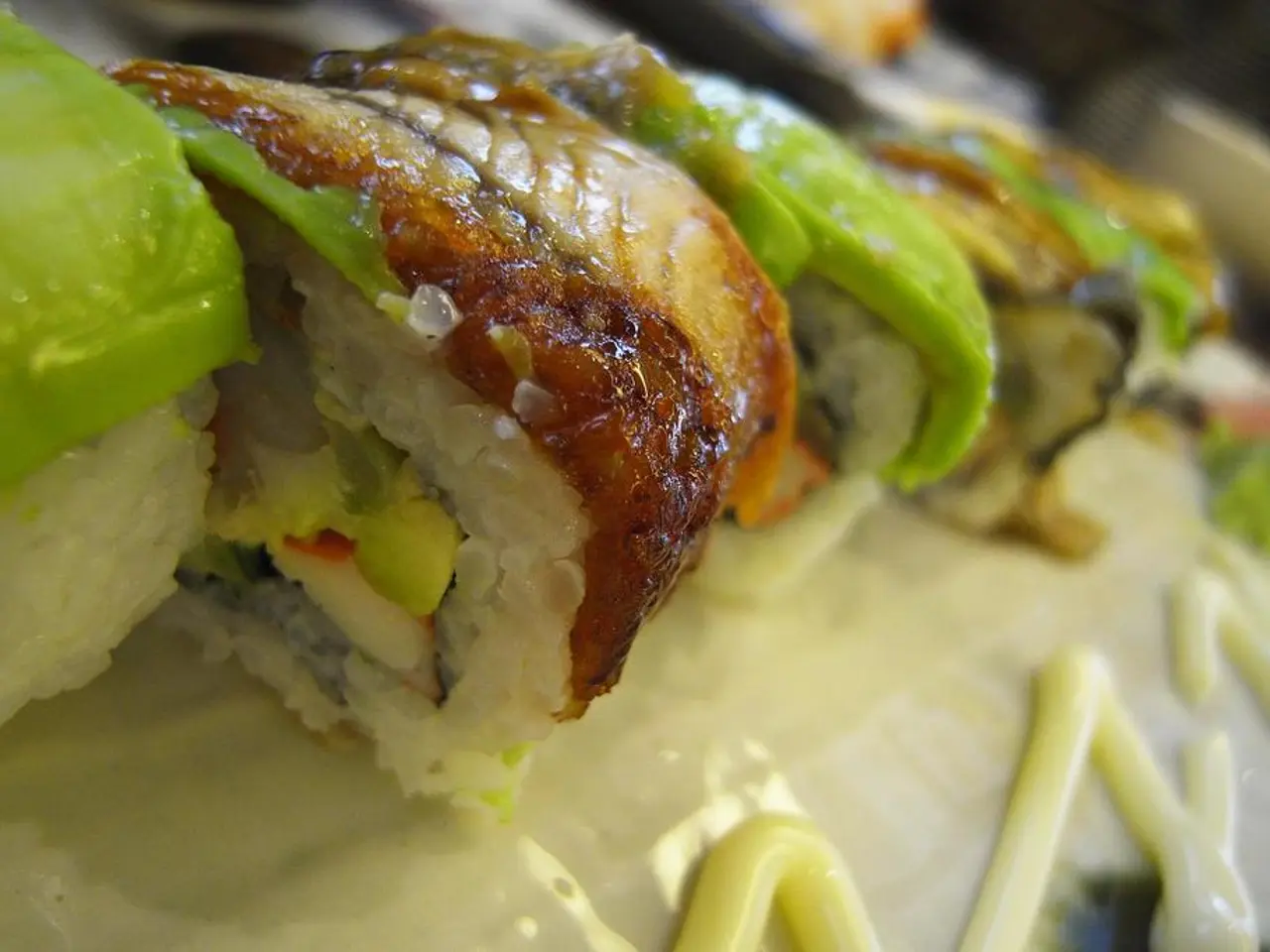Essential Facts to Consider Before Adopting a Pescatarian Diet
Pescatarian diets, which include fish and seafood but exclude meat from land animals, are becoming increasingly popular around the world. With more than 1 billion pescatarians worldwide, this way of life is particularly prevalent in places like the Mediterranean.
The benefits of a pescatarian diet are numerous. Studies have shown that pescatarian diets typically have a lower body mass index (BMI) than non-pescatarian diets, and they are associated with a reduced risk of Type 2 diabetes, healthy body weight, and lower blood pressure.
When it comes to seafood, there are some choices that are more sustainable and healthier than others.
Small Pelagic Fish
Small pelagic fish, such as sardines, herring, mackerel, and anchovies, are considered highly sustainable because of their abundance and lower bycatch risk. They are rich in omega-3s and are low on the food chain, which means lower contamination risk. These fish are not only good for your health, but they are also good for the environment.
Farmed Bivalves
Farmed bivalves, such as mussels, oysters, clams, and scallops, are environmentally friendly since they filter water, require no feed, and have very low carbon footprints. They offer good nutritional benefits, including protein and micronutrients.
Wild Salmonids
Wild salmonids like wild salmon provide heart-healthy omega-3 fatty acids and other nutrients, but sustainability depends on whether they are from well-managed fisheries.
Limit Consumption
Pescatarians should limit consumption of wild crustaceans (shrimp, prawns, lobster) and larger predatory fish (like some tuna species), as these tend to have higher environmental impacts and possibly higher mercury levels.
Sustainably Farmed Fish
Choosing sustainably farmed fish that are fed healthy diets (including alternatives to traditional fish oil) from responsible sources with traceability improves both health and environmental outcomes.
Mercury Content
Monitoring for mercury content is important, especially for tuna and salmon, to maintain health while eating seafood. The Food and Drug Administration recommends pregnant women eat between 8 to 12 ounces (340 grams) of low-mercury seafood per week.
Sustainable Seafood Options
Sustainable seafood options include certain prawns, shrimp, scallops, bass, and arctic char. Seafood sourcing should be sustainable, with organizations like Seafood Watch providing guidelines and resources. Seafood Watch also highlights fish to avoid due to overfishing or lack of oversight, including specific octopus, lobster, Mahi Mahi, and shark.
Plant-Based Alternatives
In addition to sustainable seafood, plant-based fish alternatives, such as those from Impossible Foods, Nestle, and TUNO, are becoming available in the market.
By making sustainable and health-conscious choices, pescatarians can enjoy the benefits of a diet rich in nutrients while minimizing their impact on the environment.
- Pescatarian diets, with their increasing popularity, offer numerous health advantages, such as lower body mass index (BMI), reduced risk of Type 2 diabetes, healthy body weight, and lower blood pressure.
- Small pelagic fish, like sardines, herring, mackerel, anchovies, are excellent choices due to their sustainability, lower contamination risk, and abundance in omega-3s.
- Farmed bivalves, such as mussels, oysters, clams, and scallops, are environmentally friendly, filter water, require no feed, have low carbon footprints, and offer good nutritional benefits.
- Wild salmonids, like wild salmon, offer heart-healthy omega-3 fatty acids and other nutrients, but their sustainability depends on whether they come from well-managed fisheries.
- To maintain a balance between health and environmental impact, pescatarians should limit their consumption of wild crustaceans (shrimp, prawns, lobster) and larger predatory fish (like some tuna species), as these tend to have higher environmental impacts and possibly higher mercury levels.
- Choosing sustainably farmed fish that are fed healthy diets, come from responsible sources with traceability, and have lower mercury content improves both health and environmental outcomes. Additionally, plant-based fish alternatives, such as those from Impossible Foods, Nestle, and TUNO, provide sustainable seafood options for pescatarians.




